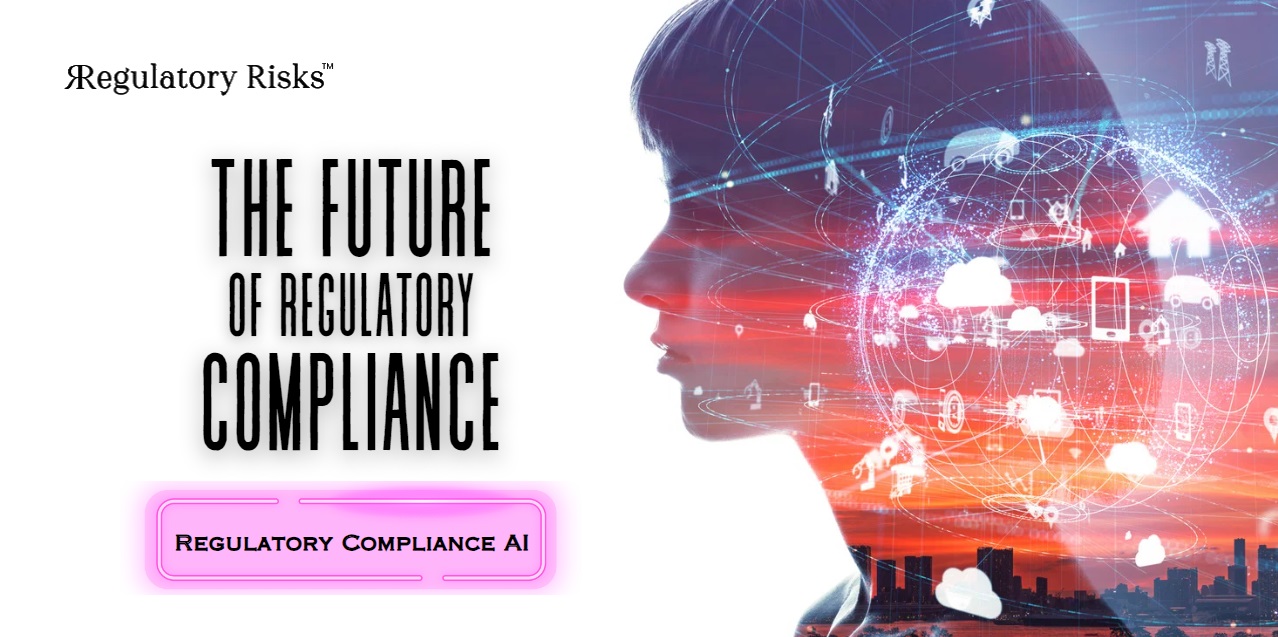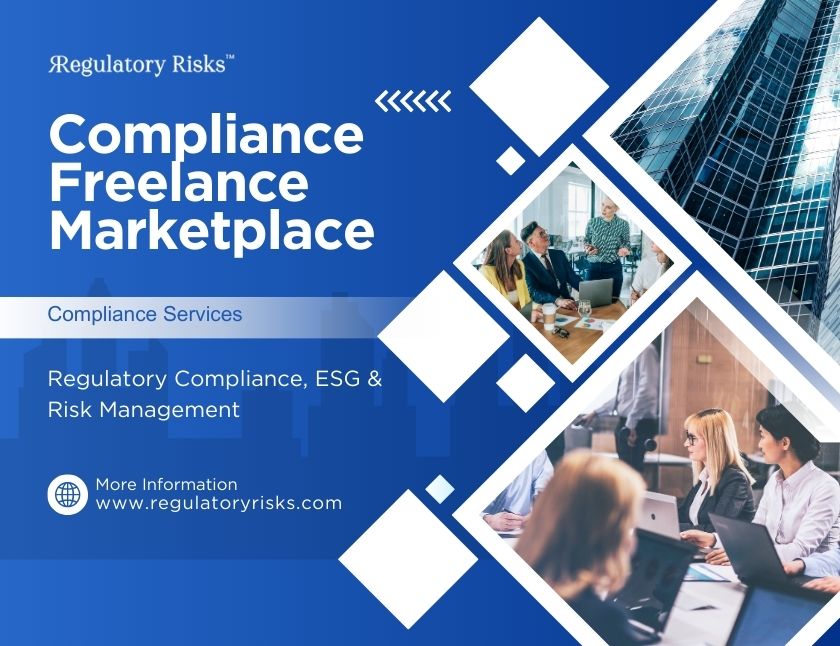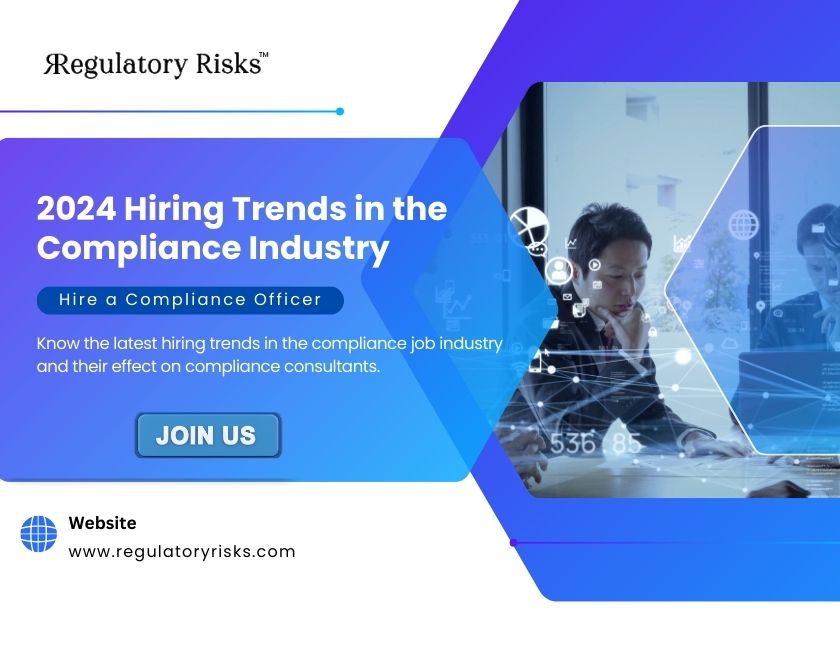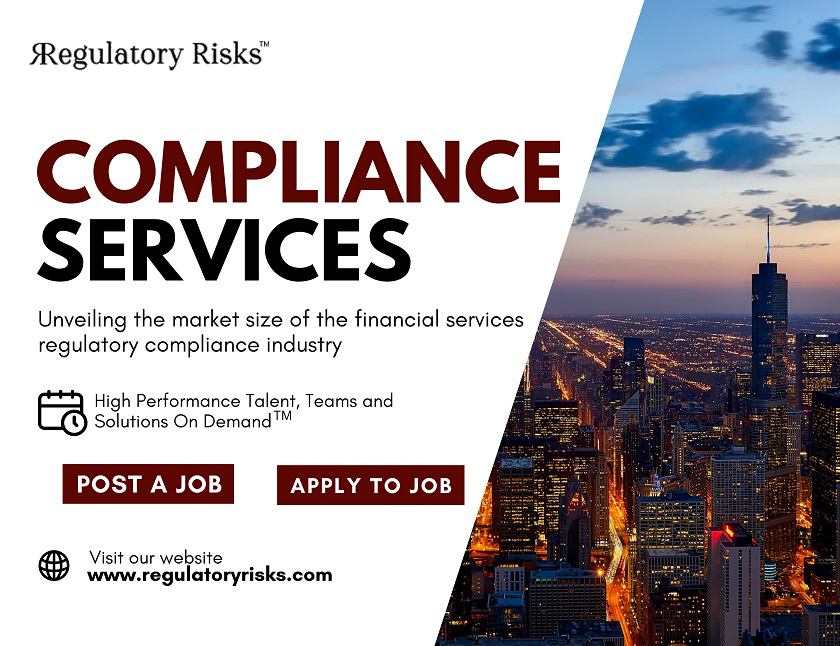In the ever-evolving landscape of regulatory compliance, businesses are constantly seeking innovative solutions to stay ahead. One such solution is Artificial Intelligence (AI), which is poised to revolutionize the field of regulatory compliance.
AI in Regulatory Compliance
AI has the potential to automate and streamline compliance processes, reducing the time and resources required for manual tasks. For instance, AI can analyze vast amounts of data to identify potential compliance risks, enabling businesses to proactively address these issues before they escalate.
Moreover, AI can help businesses stay abreast of regulatory changes. With regulations constantly evolving, keeping up-to-date can be a daunting task. However, AI can monitor regulatory changes in real-time, ensuring businesses remain compliant.
The Role of Regulatory Compliance Marketplaces
Regulatory compliance marketplaces, such as Regulatory Risks, play a crucial role in connecting businesses with freelance compliance professionals. These platforms provide a space for businesses to find the expertise they need to navigate complex regulatory landscapes.
As AI continues to transform regulatory compliance, these marketplaces could involve offering services related to AI, such as AI implementation or AI-driven compliance solutions.
The Future of AI in Regulatory Compliance
Looking ahead, we can expect AI to become further integrated into regulatory compliance. As AI technology advances, it will increasingly become more capable of handling complex tasks, enhancing its value in the compliance field.
However, the adoption of AI also brings challenges. Businesses will need to ensure their use of AI complies with relevant regulations. Additionally, as AI systems become more complex, businesses will need to understand how these systems make decisions to ensure they remain accountable.
Generative AI for Regulatory Compliance
Generative AI refers to a class of algorithms that leverage deep learning models to generate new and original content in response to a user prompt. It can generate text, images, music, videos, and even simulate realistic scenarios by combining existing data in innovative ways. Generative AI can be used to improve the understanding and interpretation of regulations, accelerate gap assessments and compliance analyses, and update the policies, standards, and procedures to comply with new regulatory requirements.
Machine Learning & Deep Learning
Machine Learning and Deep Learning are core AI technologies that have significant applications in regulatory compliance. These technologies can analyze vast amounts of data to identify potential compliance risks, enabling businesses to proactively address these issues before they escalate.
Natural Language Processing
Natural Language Processing (NLP) is another core AI technology that plays a crucial role in regulatory compliance. NLP can be used to analyze and interpret complex regulatory documents, making them more accessible and understandable.
Predictive Analytics
Predictive Analytics uses statistical algorithms and machine learning techniques to identify the likelihood of future outcomes based on historical data. In the context of regulatory compliance, predictive analytics can help businesses anticipate potential compliance issues and take proactive measures to prevent them.
Robotic Process Automation
Robotic Process Automation (RPA) is a technology that uses software robots or “bots” to automate routine tasks. RPA can automate many of the manual processes involved in regulatory compliance, reducing the time and resources required for these tasks.
AI Solutions for Mergers and Acquisitions
In the context of Mergers and Acquisitions (M&A), AI solutions can streamline legal and regulatory compliance processes. From contract analysis to regulatory adherence, these AI solutions enhance efficiency and accuracy, ensuring that the intricate legal aspects of M&A transactions are seamlessly managed.
Conclusion
The future of regulatory compliance lies in the intersection of AI and human expertise. By leveraging the power of AI, businesses can streamline their compliance processes, stay up-to-date with regulatory changes, and proactively manage compliance risks.
Regulatory compliance marketplaces will play a key role in this future, connecting businesses with the expertise they need to navigate this new landscape. As we move forward, embracing AI will be crucial for businesses and compliance professionals alike.




